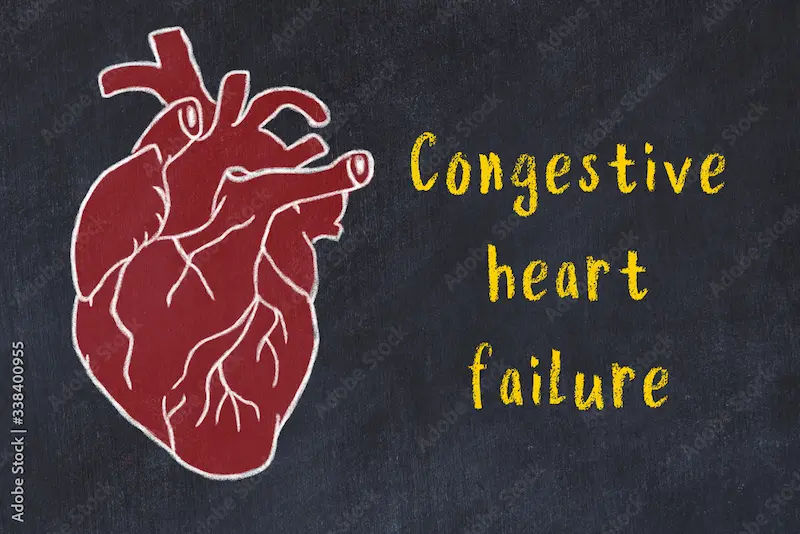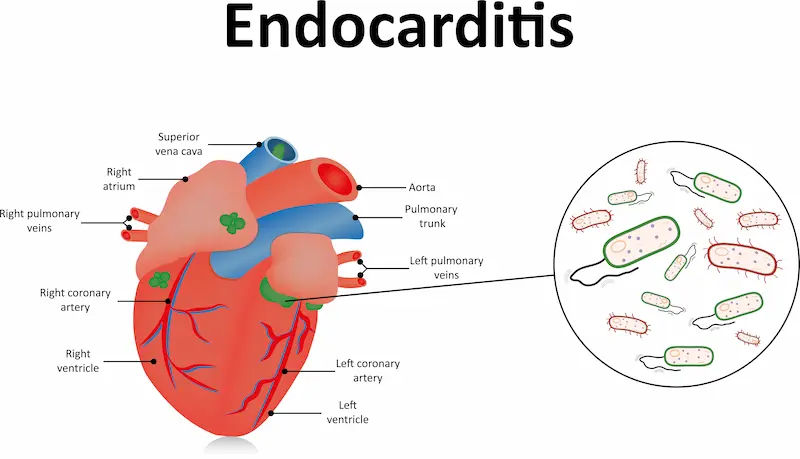- Male
- 50 Years
- 22/01/2025
I'm trying to understand the seriousness of some heart blockages that were reported. Can you explain what level of concern is typical for this kind of issue? Is there any immediate action I should be thinking about?
More Cardiology Health Queries
View allI'm feeling really concerned because for the last 23 days I've been having this chest pain on the left side. It spreads to my left hand and even down to my wrist. It feels like my chest is being squeezed, and at times it's like someone's poking me with a pin. The pain sometimes goes to my back too. About six months ago, I had this pain that felt like a mild heart attack. Do you think this could be something serious?
Chest pain, especially when radiating to the arm and back, could be a sign of a heart issue. Given your past experience, I strongly recommend that you seek immediate medical evaluation to rule out any serious heart conditions.
Answered by 1 Apollo Doctors
What are the 4 stages of congestive heart failure?
Stage 1-Ordinary physical activity does not cause dyspnea ,fatigue and palpitations . Stage 2-comfortable at rest but ordinary physical activity cause dyspnea ,fatigue and palpitations . stage 3-comfortable at rest ,less than ordinary physical activity cause dyspnea ,fatigue and palpitations . Stage 4-uncomfortable at rest ,unable to carry out any physical activity without discomfort .
Answered by 1 Apollo Doctors
I've been having this chest pain and heaviness, and sometimes it feels like I'm short of breath, especially when I'm walking. I got an ECG and a chest x-ray, and they came back normal. I went to a nearby clinic just a couple of days ago for the same issue. I can't help but think I might have angina, but no doctor has confirmed this. They usually just check my pulse rate and listen to my heartbeat with a stethoscope and tell me everything's fine. Should I be worried about this, or can I trust the tests and what the doctors have said so far? Would love some guidance!
Since your symptoms are persisting, it's important to consider other causes of chest pain apart from heart-related issues. One common condition that can cause similar symptoms is acid reflux or GERD. You can try taking Omeprazole (brand name Prilosec) 20mg once daily before breakfast for 2 weeks to see if your symptoms improve. Additionally, you can also take Ranitidine (brand name Zantac) 150mg twice daily for immediate relief of chest pain. However, if your symptoms persist or worsen, it's advisable to consult a gastroenterologist for further evaluation and management.
Answered by 1 Apollo Doctors
Disclaimer: Answers on Apollo 247 are not intended to replace your doctor advice. Always seek help of a professional doctor in case of an medical emergency or ailment.





